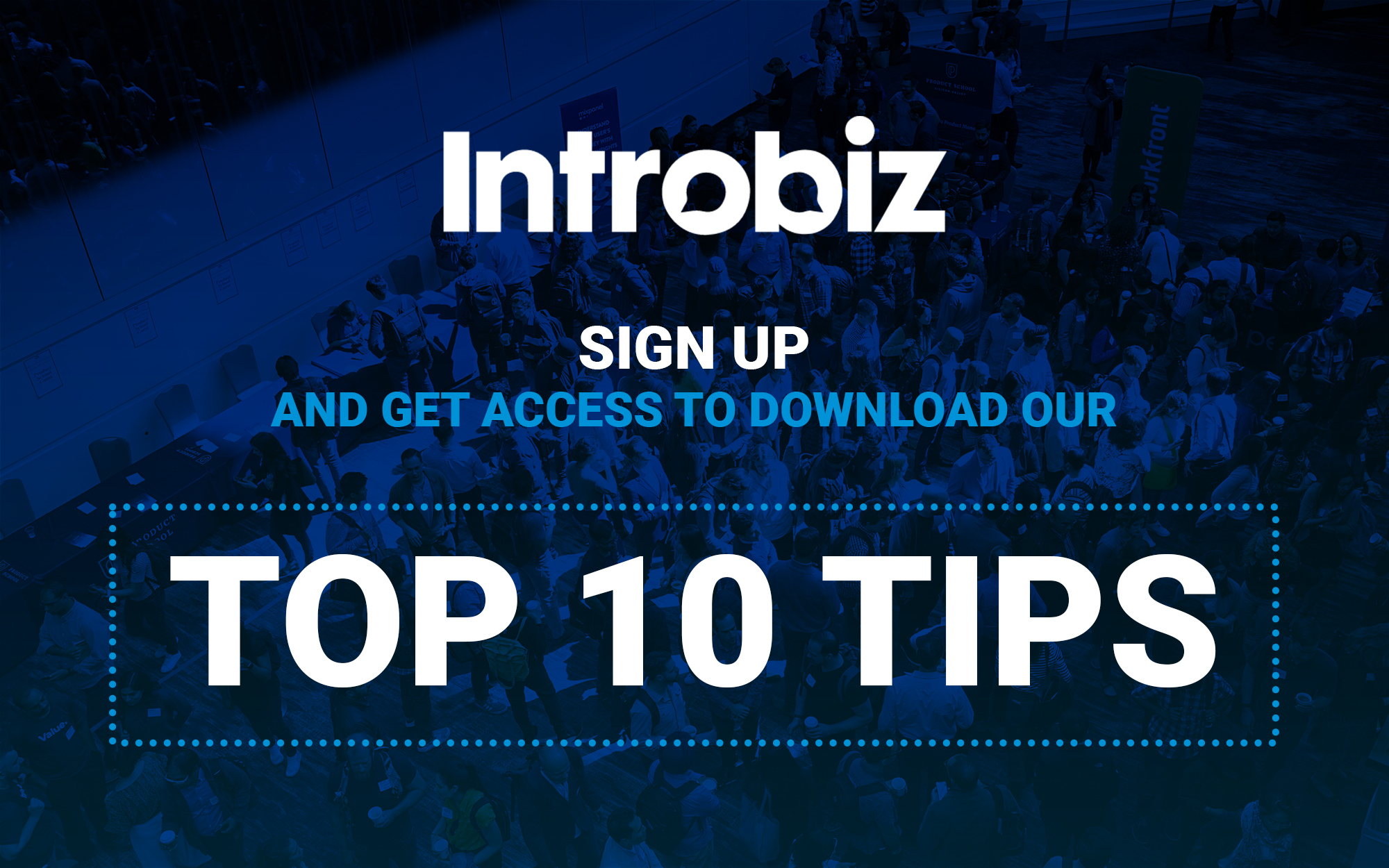For new business owners with little or no experience of human resources management, implementing HR policies and strategies can be a daunting prospect. However, it is worth making sure that you are fully informed about HR, as it is hugely important, no matter how big or small your business. To start you off, here are the basics of what you need to know to make sure you stay on the right side of the law as a small business owner.
What is human resources management?
In a nutshell, HR deals with your employees. This can include being responsible for recruitment, performance management and reviews, employee development, training and motivation, health and wellbeing, benefits, and communication between employees and/or management.
Human resources: the basics
As a small business, (defined, for the purposes of HR, as a business with less than 50 employees) there are three basic things that you need to implement to make sure that you comply with the necessary laws and regulations.
The first is employee files. Specifically, you need three files for every employee:
Form I-9 Employment Eligibility Verification
HR expert Jack Hayhow advises keeping all I-9 files in one place, as you are required by law to have a completed I-9 file for each of your employees available for inspection by US government officials.
- Employee file
To store workplace-related information about your employees, however, you should create and maintain a separate file for each employee. This can include resumes, offer letters, employment agreements, contracts, payroll information, basic employment data such as W-4 forms, benefits information, performance evaluations, awards, recognition or disciplinary documents, documentation of termination and exit interview information. You should assume that all information in your employee files is confidential, and keep these in a safe place, with access limited to essential personnel only.
- Employee medical file
As with the employee file, information relating to each of your employees’ health and medical information must be kept in a separate and secure file. Information included in this file could be applications for insurance, notes from a medical professional excusing the employee from work, medical examination information, and information related to the employee’s disability. These files should be secured separately from the employee files, and access should generally be limited to the business owner only for small businesses.
More information on employee record keeping can be found here.
How long should you keep these records? Following employee termination, under the Fair Labour Standards Act (FLSA), as an employer you must keep payroll records for three years, and, under the US Equal Employment Opportunity Commission (EEOC), you must keep all employee records for one year from the date of employee termination. Note that an exception to these time frames is in cases of employee disputes under federal civil rights laws – in such cases, employee records must be kept until either the employer and the federal agency resolve the dispute, or the EEOC issues its decision on the case.
The second key HR requirement for small businesses is the production of an employee handbook, detailing the company’s policies and procedures, and outlining your expectations of your employees. Hayhow suggests that the following policies should be included in the employee handbooks of small businesses:
General
-
- Introductory statement – purpose of the handbook and at-will employment
- Equal opportunity policy
- New hire policy
- Policy against harassment and discrimination
- Open-door policy
- Confidential information
- Computer use policy
- Social media policy
- Employment at will
- Immigration law compliance
- Employment categories
- Work hours
- Alcohol and drug policy
- Personal appearance policy
- Return of property
- Solicitation policy
Timekeeping and payroll
-
- Timekeeping procedures
- Paydays
- Pay deductions
Work conditions
-
- Violence in the workplace
- Workplace safety
- Drug free workplace policy
- Employee conduct and disciplinary action
Benefits
-
- Sick leave
- Personal leave
- Vacation
- Holidays
- Bereavement leave
- Jury duty leave
- Military leave
- Maternity/paternity leave
- Insurance
- Worker’s compensation insurance
- Healthcare continuation
- 401K
- Business expense reimbursement
Remember that while creating your employee handbook is essential, it is equally important that your employees actually read it, and that they agree to your company policies as a condition of their employment. Therefore, it is best practice to ask them to acknowledge receipt of the handbook and acceptance of the policies in writing, and to store this acknowledgement in case it is required in future, for example to settle a dispute. It is also a good idea to have a digital and/or hard copy readily available to employees in the workplace, and to encourage them to refer to it regularly.
- The third key aspect of HR for small businesses identified by Hayhow is the displaying of required notices. This refers to keeping up with the rules and regulations for posting required notices in an accessible place at both federal and state level, which will depend on the laws of the country and/or state in which you are doing business. If you want to do this yourself, Rob Wormley advises working with a local government agency or legal counsel to make sure you have met the requirements. However, if managing your legal notices sounds too daunting, there are companies such as All In One Posters that provide the posters you need to display according to the laws of the state you are in, which Hayhow suggests is the easiest option to ensure you are complying with the law.
Author Bio
Pierce Ivory is the Marketing Director at Advance Systems, a company that provides world-class enterprise workforce software. Involved in digital since 2010, Pierce completed a Master’s degree in digital marketing getting first class honors. He specializes in the field of people operations and HR management for B2B software companies. You can find Pierce on Twitter and Linkedin.





